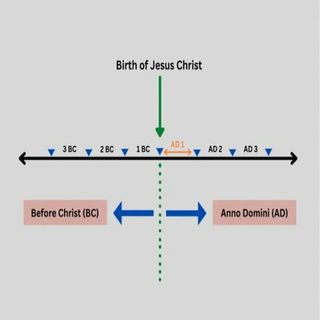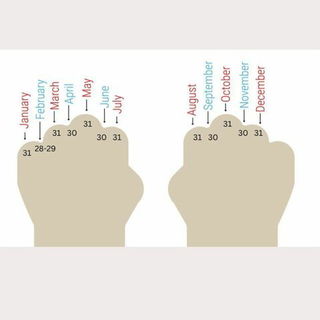- Calendar
- Calendar 2026
- March
- Dred Scott Case
Dred Scott Case
The Dred Scott Case, also known as Dred Scott v. Sandford, was a crucial event in American history as it marks a huge decision of the US Supreme Court.
On March 6, 1857, the Supreme Court ruled that black people did not have the right to American citizenship, regardless of their status.
Hence, this means whether free or enslaved, they did not have the same rights as other American citizens.
Dred Scott brought the case to court, a slave who had been taken by his owners from Missouri to free states, sued for his freedom when back in Missouri.
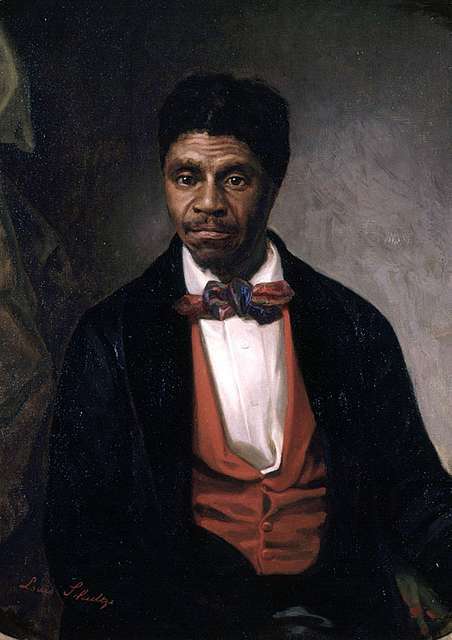
This date marks an important historical event, but it is not a public holiday.
The Background Of The Dred Scott Case
Who Was Dred Scott
Scott was born into slavery in 1799 his owner was Peter Blow. Scott moved to Alabama in 1818 and Missouri in 1830, both slave states with Peter Blow.
After Blow's death, he was purchased in 1832 by Dr. John Emerson, who took Scott to Illinois, a free state, then Wisconsin where slavery was outlawed by the Missouri Compromise.
Scott met and married Harriet Robinson there, and her ownership was transferred to Emerson.
In 1837 Dred and Harriet Scott were left behind in Wisconsin as hired-out slaves but this violated the Missouri Compromise indicating that Emerson was bringing slavery into a free state.
Emerson then moved to Louisiana, a slave state, where he married Eliza Sanford. After the wedding, the Scotts joined their masters in Louisiana.
It is still not clear why they didn't sue for freedom when entering Louisiana as Louisiana's law clearly stated that slaveholders will lose their rights to the slaves if they brought them to free states for longer periods.
After Emerson's death in 1843, his wife inherited the Scotts as her property and continued to lease them as hired slaves.
In 1846 Dred Scott tried to buy his and his family's freedom but was refused. That's when he decided to take legal action.
The Legal Game
With legal and financial help from their church, abolitionists, and Charlotte Blow, Peter Blow's daughter, the Scotts were able to file lawsuits for their freedom in 1846, in the St. Louis circuit based on two statutes:
- one allowed black people to sue for wrongful enslavement, and
- the other said that any slave taken to free territory automatically became free and could not be re-enslaved.
Everyone thought the ball is in Scott's court since there were similar cases in the Missouri courts. The Scotts were also taken to and lived in free states for an extended period.
But, the entire game changed due to a wrong testimony given by a witness. The court ruled against them in 1847 and granted them a retrial.
In 1850, the case was brought to the Supreme Court of Missouri, where they brought in the correct witness.
This confirmed that she had leased the Scotts from Emerson. The jury decided to grant the Scotts their freedom.
Things took a drastic turn after Emerson appealed again.
Then In 1852, the Missouri Supreme Court reversed the decision of 1850. It stated that as the Scotts had not sued for freedom while in a free state, they were legally still enslaved.
At this point, Emerson claimed to have transferred the Scotts' ownership to his brother, John Sanford.
Dred Scott filed a federal lawsuit against him in 1853 and in 1854 at the Dred Scott v. Sanford trial, the court relied on Missouri law to settle the case.
The law held that Scott should remain a slave. Thus, the ruling was in favor of Sanford.
Dred Scott v. Sandford
After this ruling, Dred Scott appealed to the US Supreme Court, which registered the case as Dred Scott v. Sandford.
By this time, Scott had garnered support from popular abolitionists and politicians. This trial established that John Sanford did not legally own the Scotts.
They were used as a front and allowed him to be sued and represented by pro-slavery advocates in court, although the reason is unclear.
Justice Roger Taney presided over the case and he was against slavery. However, he did support state rights.
Thus, he ruled that black people, freed or enslaved, had no rights as American citizens. Hence, they could not sue in federal court.
He also argued that the Missouri Compromise was unconstitutional and Congress had no right to prevent the spread of slavery.
On March 6, 1857, the court ruled against Dred Scott in a 7-2 decision.
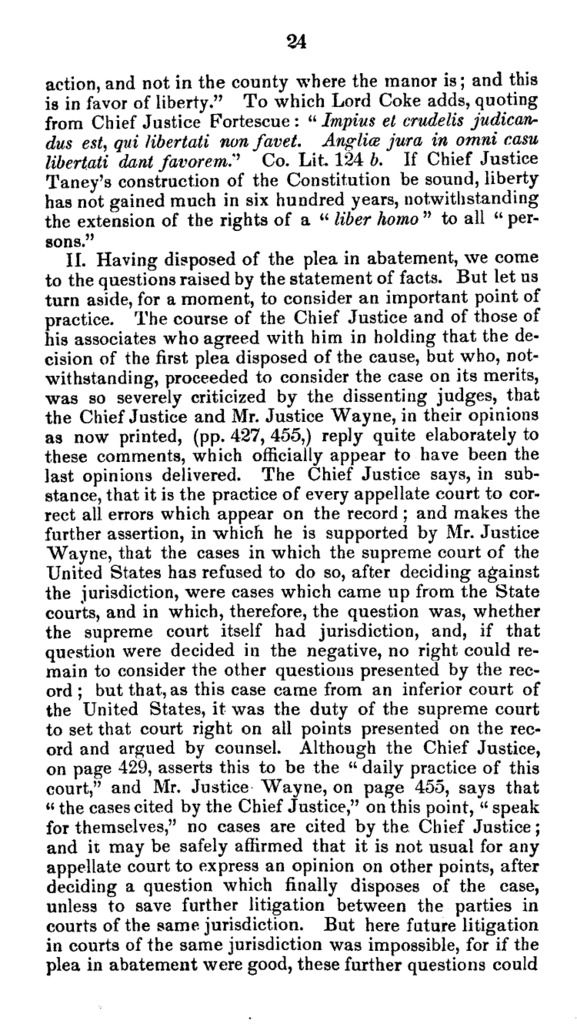
Dred Scott Finally Got His Freedom
Eliza Emerson married an abolitionist after the US supreme court decision. He discovered that his wife was the owner of a family of slaves.
As a result, he sold Scott and his family to Taylor Blow, son of Peter Blow. Taylor then freed the Scott family in May of 1857.
Consequences Of The Case
The Supreme Court's decision caused a great revolt among abolitionists, who thought the ruling was an attempt to stop the debate on slavery.
This deepened the divide between North and South on matters of slavery and resulted in the secession of Southern states that led to the American Civil War.
Timeline Of The Dred Scott Case
- Dred Scott was born into slavery in 1799 in Virginia.
- Emerson purchased Scott after the death of Peter Scott, his former owner, sometime during the 1830s.
- Scott was taken to Illinois, a free state, around 1833 by Emerson.
- Scott met and married Harriet Robinson there, and her ownership was transferred to Emerson.
- In 1837 Dred and Harriet Scott were left behind in Wisconsin as hired-out slaves but this violated the Missouri compromise as Emerson was bringing slavery into a free state.
- Emerson's wife inherited the Scotts in 1843 after Emerson's death.
- Dred Scott tried to free himself and his family in 1846 but got refused.
- The case went to and fro from 1846-1854.
- Justice Roger Taney ruled that black people cannot sue in federal court as they did not have the rights of an American citizen.
- On March 6, 1857, the court ruled against Dred Scott in a 7-2 decision.
- Dred Scott was finally granted freedom by Taylor Blow who bought them from Eliza Emerson's next husband who happened to be an abolitionist.
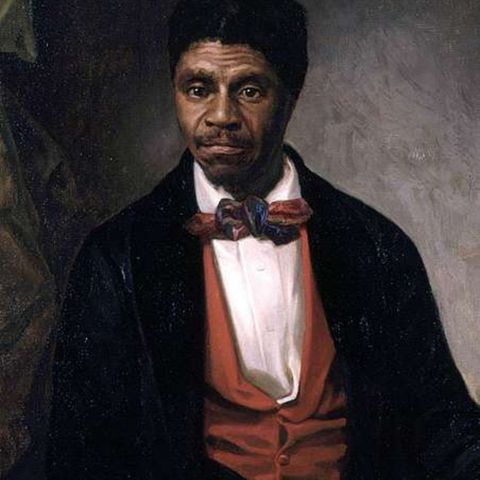
Other Celebrations
-
Mar 03 Mon
-
Mar 03 Mon
-
Jun 12 Thu
-
Jun 30 Mon
-
Dec 26 Fri
-
Jan 19 MonMartin Luther King Day Holiday

Dred Scott Case - Next years
Saturday, 06 March 2027
Monday, 06 March 2028
Tuesday, 06 March 2029
2025 Calendars
Trending
